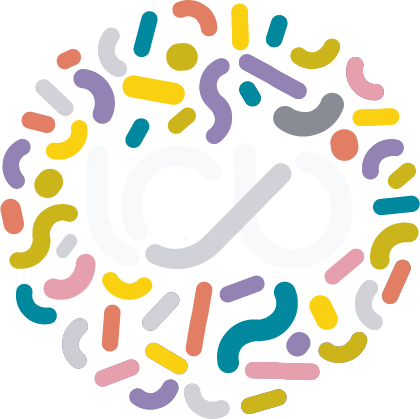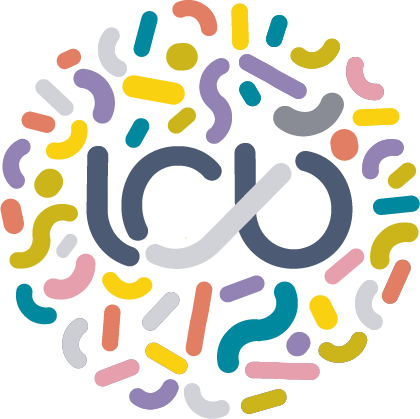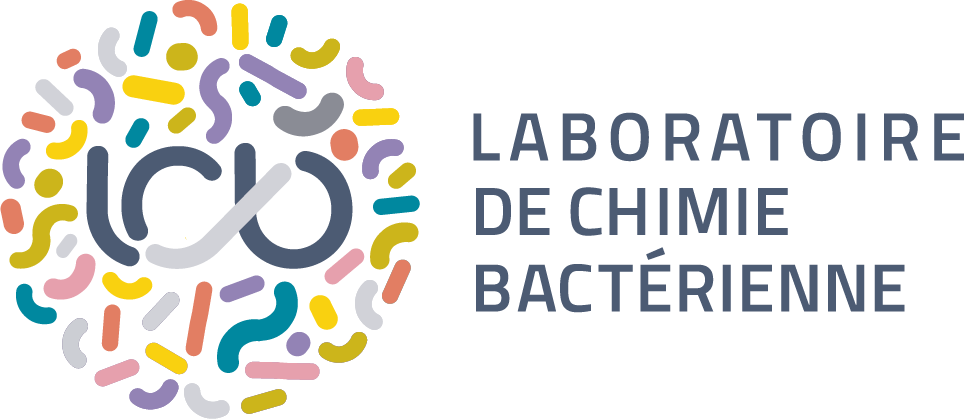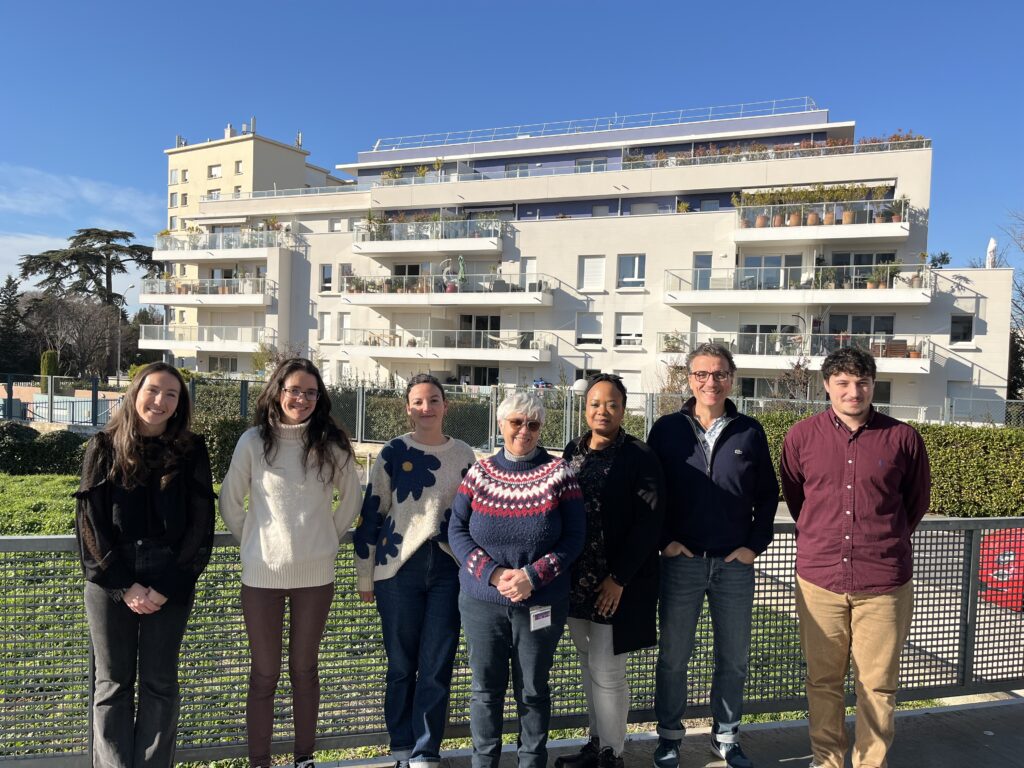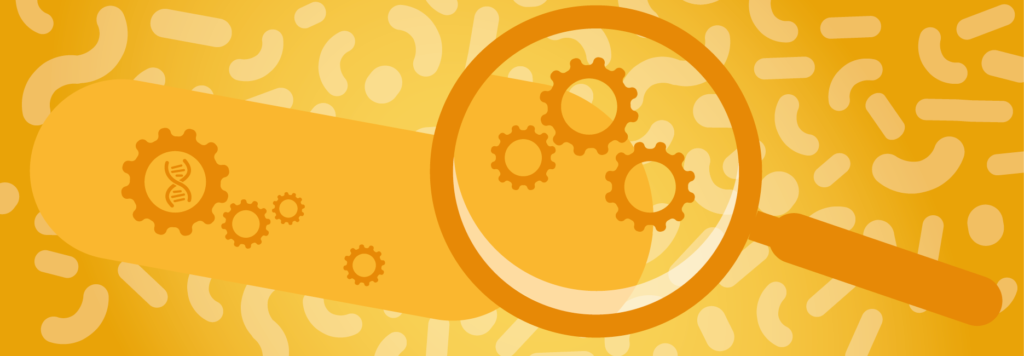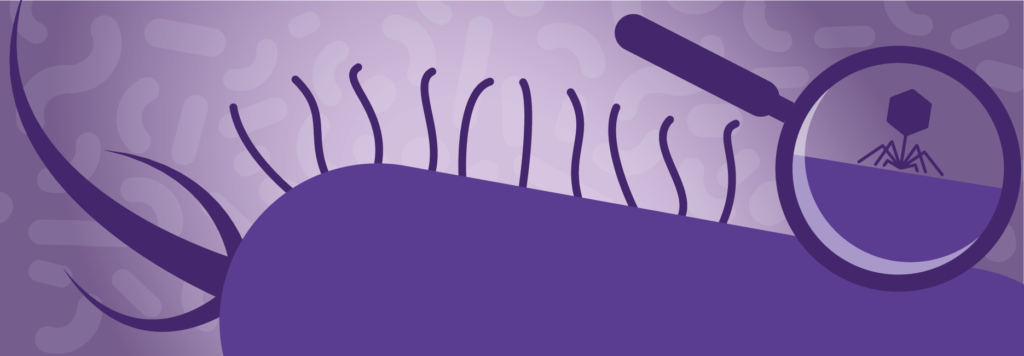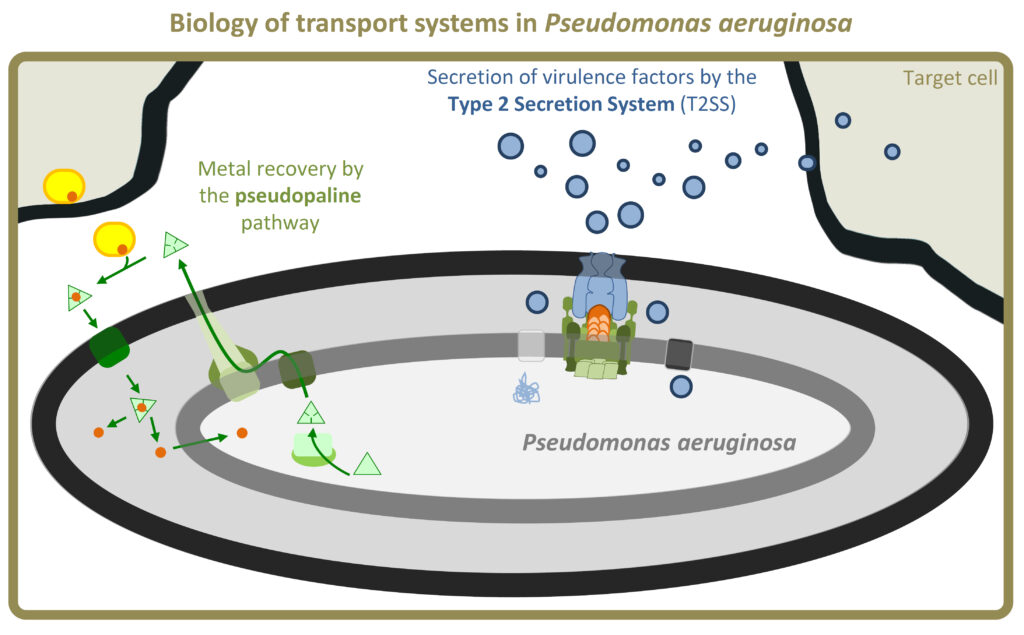SCIENCE – De la structure à la dynamique, une exploration fonctionnelle de la sécrétine XcpD de Pseudomonas aeruginosa.
Les bactéries ont développé d’ingénieux canaux membranaires, appelés sécrétines, spécifiquement adaptés à la sécrétion ou à l’assemblage de volumineuses macromolécules extracellulaires. L’organisation structurale des sécrétines
